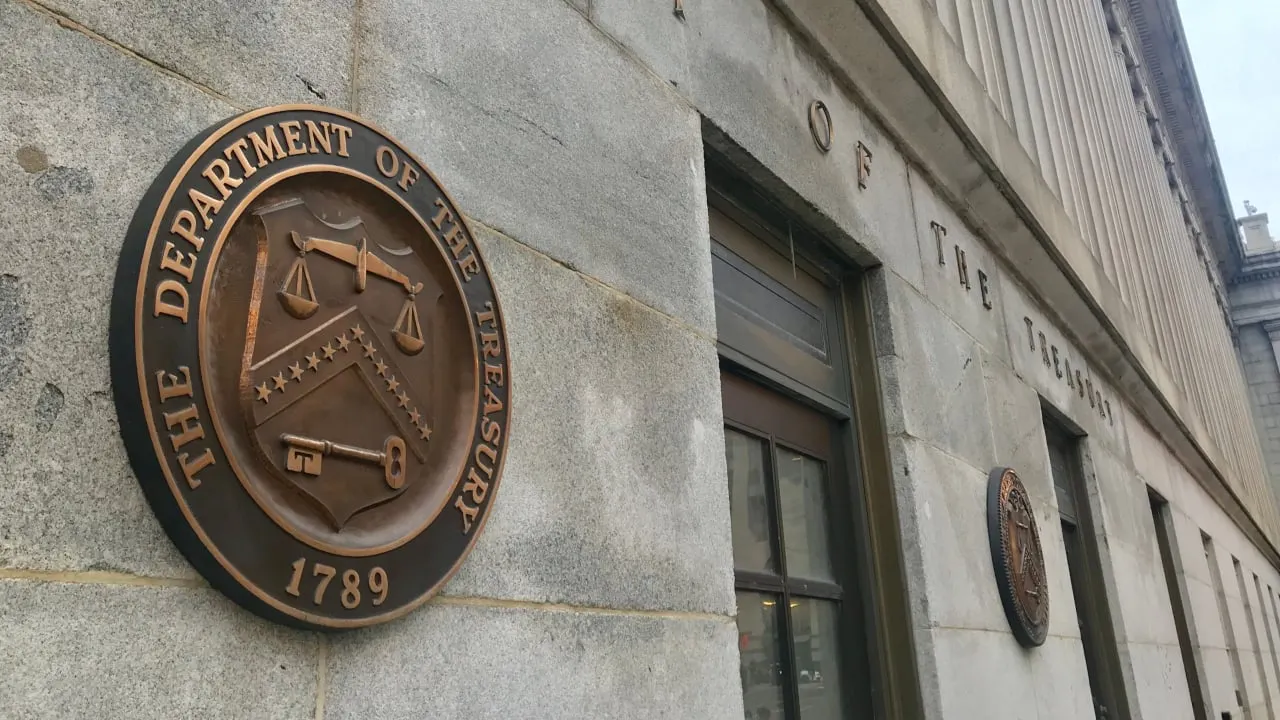Earlier this year, news dropped that federally sanctioned coin mixer Blender had relaunched as a different app called Sinbad.
Now, the feds have gone after the controversial successor.
In a Wednesday announcement, the U.S. Treasury Department’s Office of Foreign Assets Control (OFAC) said it had sanctioned the Sinbad app because North Korean hacking group Lazarus Group used it to launder millions of dollars in dodgy funds.
“Sinbad is also used by cybercriminals to obfuscate transactions linked to malign activities such as sanctions evasion, drug trafficking, the purchase of child sexual abuse materials, and additional illicit sales on darknet marketplaces,” the announcement read.
The Sinbad website now shows a message saying that the service has been seized.
Feds sanctioned Blender back in May 2022. Blockchain analysis firm Elliptic said then it believed that the coin mixer had relaunched as Sinbad, and continued to launder money stolen from hacks.
Blender and Sinbad are coin mixers—tools that allow crypto users to anonymously send and receive cryptocurrencies like Bitcoin or Ethereum. They work by combining transactions to obfuscate their source and destination.
Criminals such as state-sponsored Lazarus Group, which has been linked to hundreds of millions of dollars worth of stolen crypto assets, use coin mixers to cover their tracks, according to the feds.
Feds said Wednesday that hackers used Sinbad to launder funds from the $620 million heist on play-to-earn game Axie Infinity and the Horizon Bridge attack, where $100 million in crypto was stolen.
U.S. authorities also last year stopped U.S. citizens from using Tornado Cash, an Ethereum coin mixer and alleged Lazarus favorite.
Though the move attracted criticism from politicians and some in the crypto community, who claimed that privacy is a right and that criminals are not the only users of such apps. In August, a court affirmed the Treasury Department's decision to sanction the project and dismissed objections that the move constituted a violation of the U.S. First Amendment rights of users.
Edited by Stacy Elliott.

